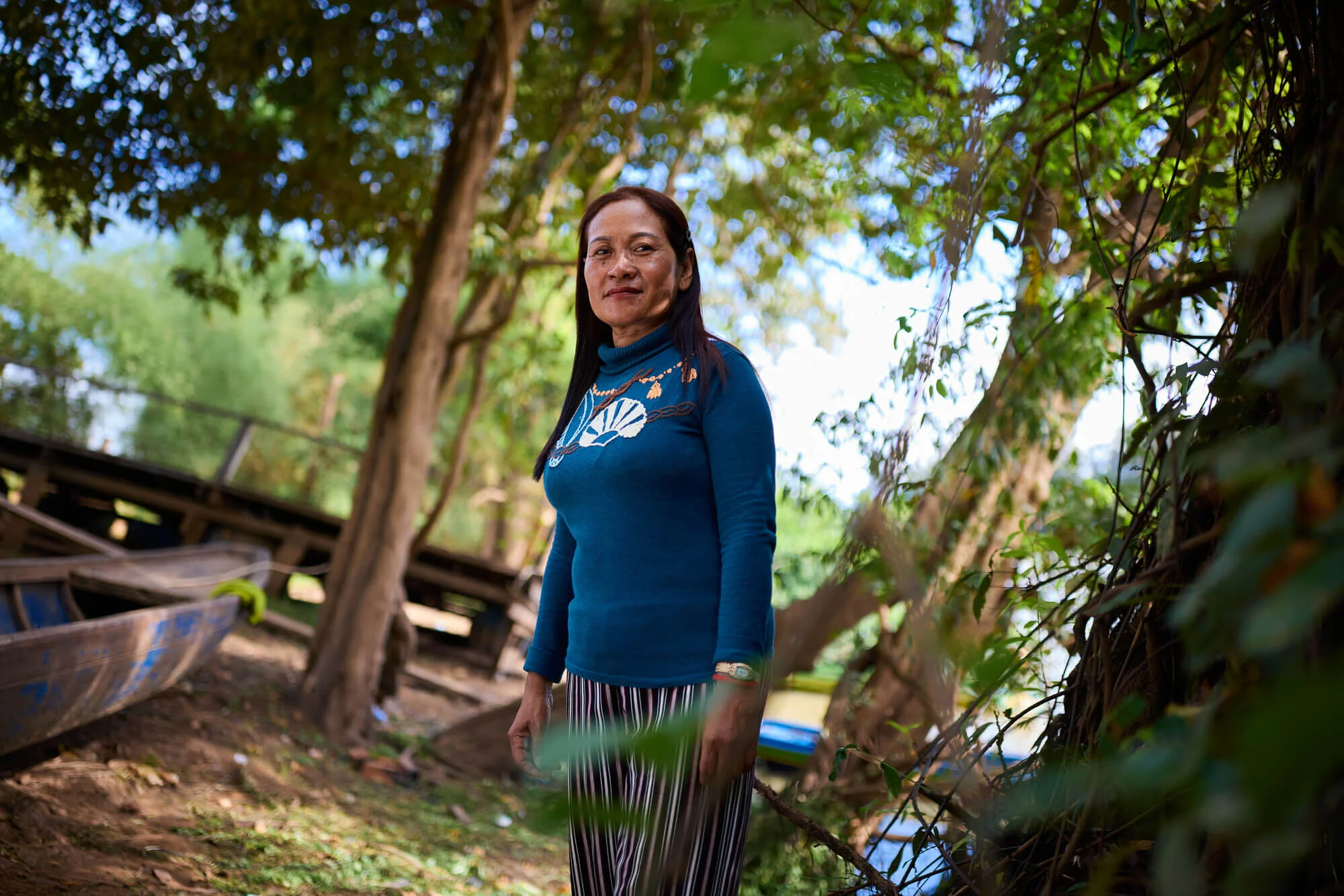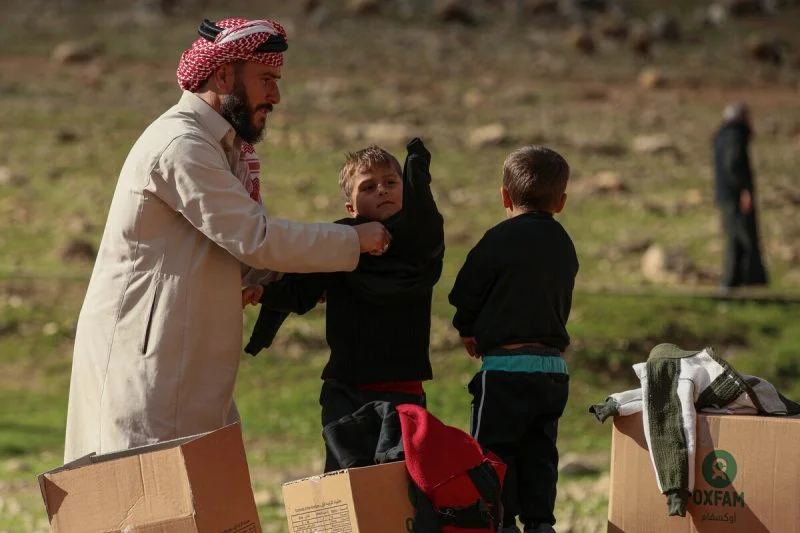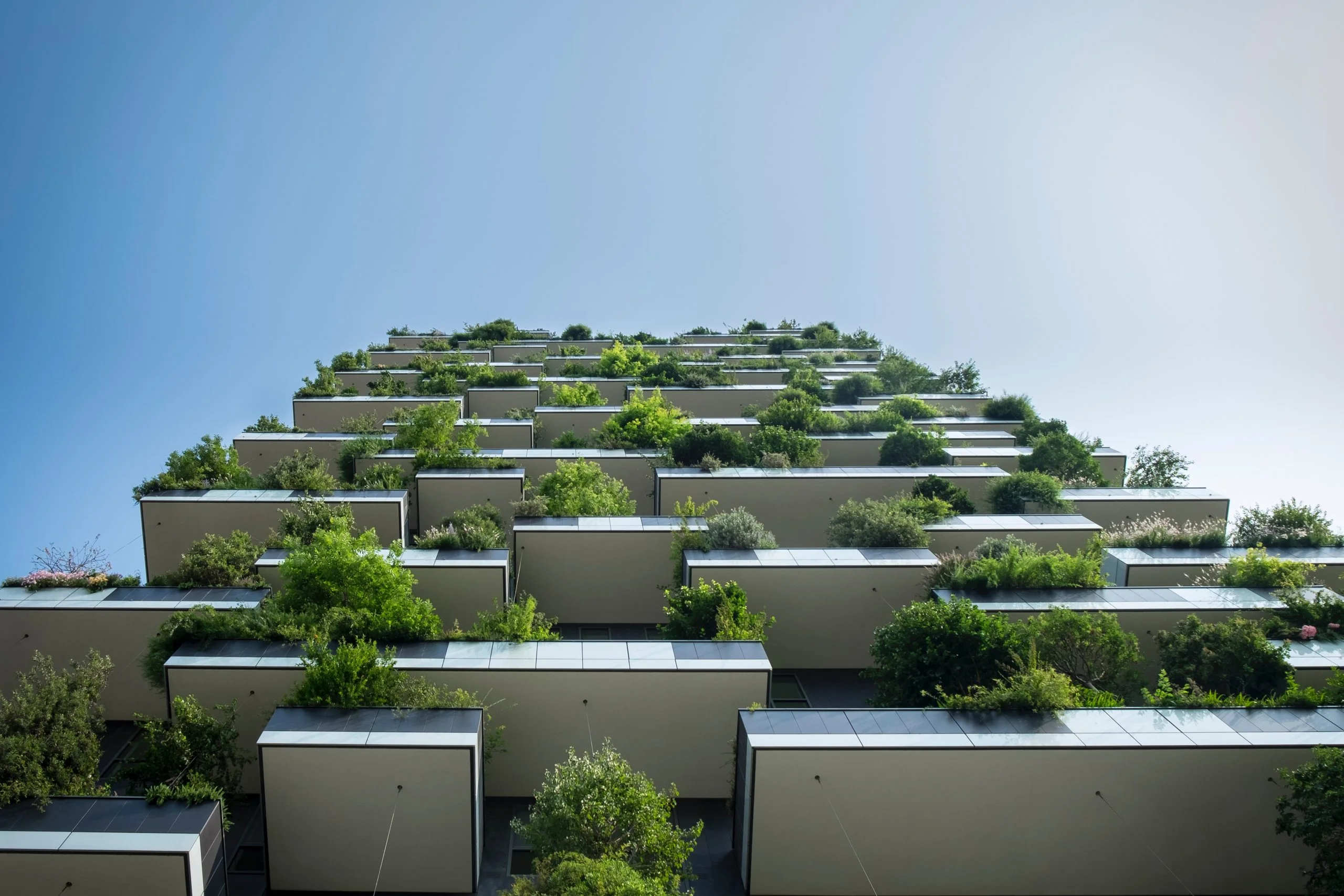You’re powerful as a consumer — what you choose to buy shapes the world we live in and can literally change someone’s life for the better. Fair trade doesn’t just guarantee a farmer gets paid properly for their hard work. It can also build schools, medical centres and water pumps — helping people lift themselves out of poverty.
Chocolate. It’s a global obsession — and it’s big business. Western African countries, mostly Ghana and the Ivory Coast, supply more than 70% of the world’s cocoa. But the giant food industry can often be unjust in developing countries. As a result, farmers are not paid a living wage for their hard work.
As a consumer, you play an essential role. Fair trade guarantees a minimum set wage and improves standards of living through community healthcare, education, training and assistance with business matters.
Samuel Antwi knows the power of fair trade firsthand. Samuel is the Amankwatia village society recorder, district president and national protocol officer for Kuapa Kokoo, the only farmer owned cocoa cooperative in Ghana and supplier of cocoa used in the So Fair So Good range available at Oxfam Shop.
Fairtrade products have helped fund schools for his communities — providing stationary supplies, learning materials and accommodation for teachers. It also funds two daycare centres, and has been used to purchase two mobile cinema vans for a farmers’ education programme.
“After joining Kuapa Kokoo we the farmers have gained boreholes, schools, bonuses and other incentives at the end of every year as well as enormous training to plant, spray and harvest to ensure our cocoa beans are good for export” he says.
Meet just some of the people who benefit from how you shop:
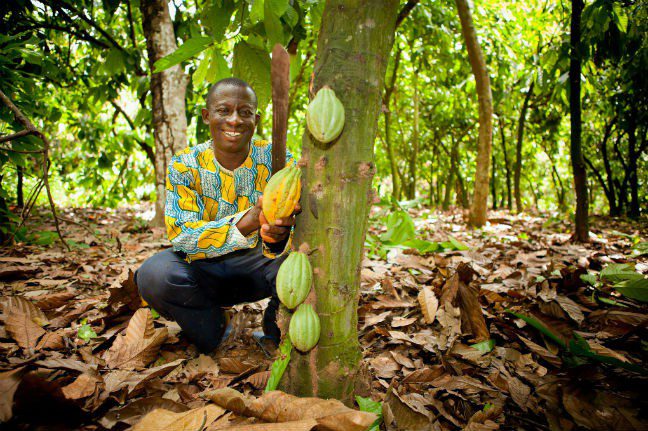
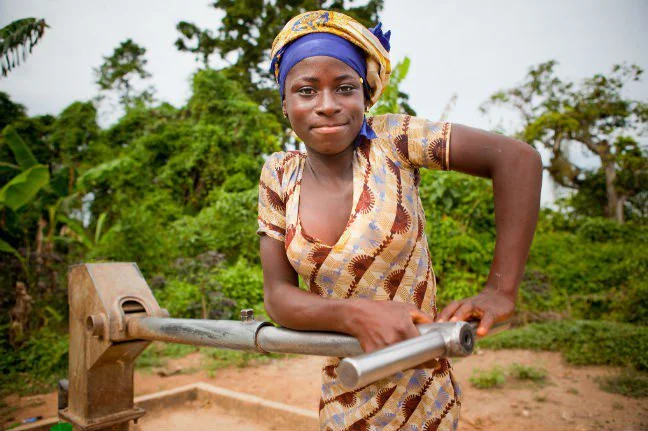

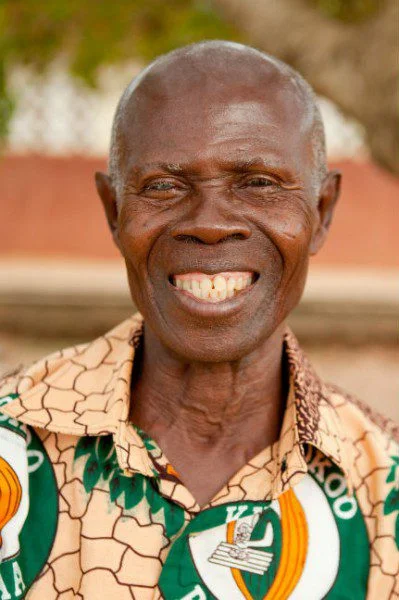
Support Fair trade with Oxfam Shop this Easter


